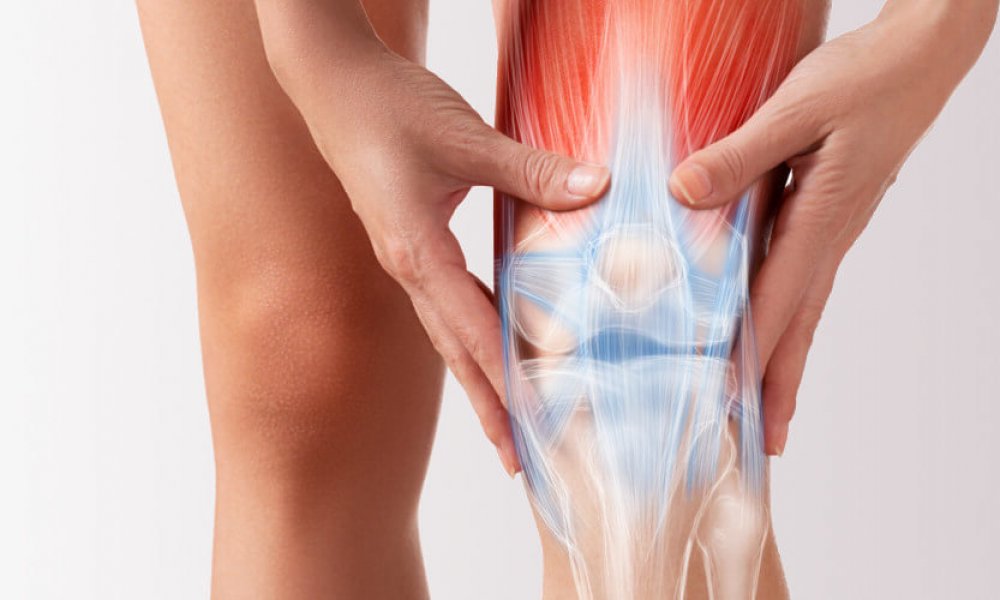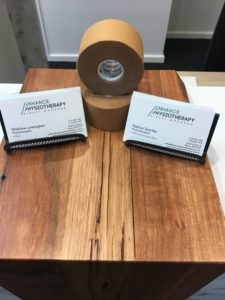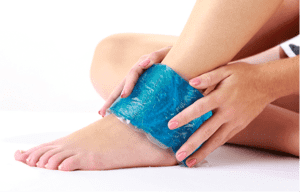“I’ve had knee pain for years and it’s been getting worse. I wake up with stiffness, my knee doesn’t bend all the way, and it aches especially when I walk for a long time. Do you think I need surgery?”
This is a question that comes up regularly particularly for middle-aged adults suffering from knee osteoarthritis or degeneration.
Osteoarthritis can typically affect the medial (inner) side of the knee but can spread throughout the joint between the femur and tibia. Another region that can be affect is also the joint surface behind the knee cap or patella. Any combination of these can cause a reduction in range of motion, increased swelling or stiffness, pain, and a reduction in performing functional activities such as walking or using stairs.
Many people that experience these symptoms are told that it is “wear and tear” and that not much can be done. Although conservative treatment will not change the structure of your joint, it can improve your symptoms.
Arthroscopic knee surgeries a form of minimally invasive operations through small incisions. It may include a debridement with or without a partial meniscectomy. Some patients may find symptom relief knee arthroscopies in the short-term. Commonly, the first line of treatment for knee osteoarthritis is to begin conservative management rather than immediately considering the surgical option. There are different factors that can affect this decision. However, evidence has shown good results from physiotherapy and exercise programs to help with your symptoms. Research has also shown that there is little to no long-term benefit from knee arthroscopy versus conservative management in the middle-aged population with knee degeneration. On the other hand, total knee joint replacement operations have shown excellent results for those with severe osteoarthritis. These operations are generally reserved for those that have not progressed with conservative management with end-stage degeneration, significant functional deficits, and pain.
It is always recommended to begin conservative treatment, under the guidance of a physiotherapist, to help manage and address the challenges and impairments that are associated knee osteoarthritis.





